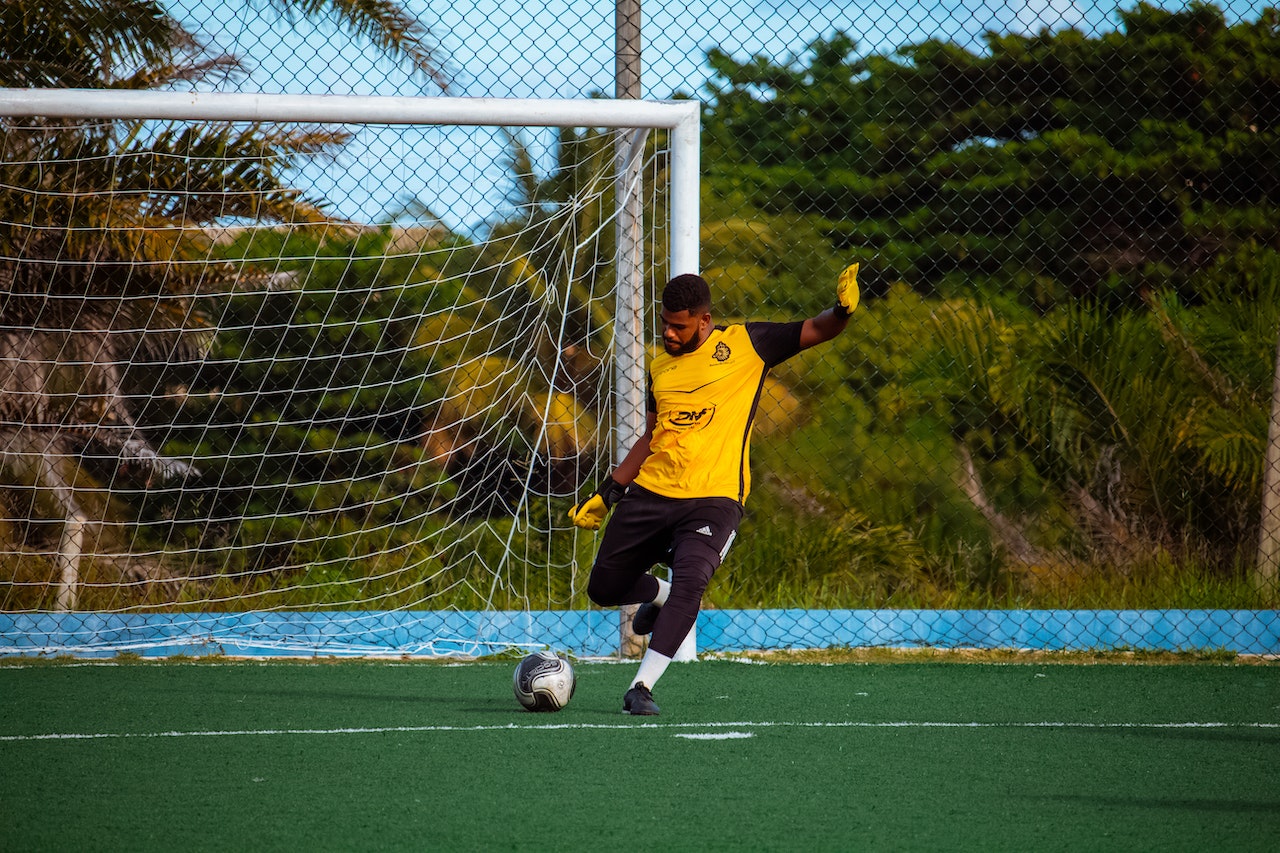The Role of Sports in Education
While a great deal of learning in any school occurs in class, sports and physical education play an invaluable role in making students get active and learn. The benefits of sports in education go beyond fitness. That said, here are some standout benefits realized by learners who embrace physical activity and sports.
Help Students Stay Fit and Healthy
Fundamentally, it is imperative to lead an active lifestyle, especially at a young age. Matters to do with fitness are not just about adults; kids too need to expend their bundles of endless energy on the field. Considering that some students might not be open to staying active outside school, curriculum developers have to create a provision for physical education, which feeds various aspects of a student’s life.
Boosts Self-Esteem
Sports and physical education promote friendly competition, teamwork, and achievement. Teachers and trainers are trained to harness the fun in games to help students develop their self-esteem while playing. Ideally, the small words from the trainers and the success on the fields go a long way in making you confident. Instilling a strong spirit in kids from sports at a young age can be translated into other aspects of their lives.
Reduces Stress
Exercises are a proven stress-buster. Studies have shown that introducing kids to sports can mitigate the effects or symptoms of stress in kids. Sporting activities tend to be a form of relief if academic demands become too overwhelming. Physical education or sports take away the mind from common stressors, allowing you to calm your fears.
Improves Sleep
Running across the pitch all day leaves the body and mind tired. Getting to bed feeling exhausted greatly improves your ability to fall asleep. Sleep, in particular, goes a long way in maintaining your health and well being. A restful night’s sleep improves your ability to cope with common stressors, improves your moods, and boosts the ability to concentrate in school.
Instills Discipline and Perseverance
Physical activity is all about winning and losing. Physical activity is synonymous with natural highs and lows. This goes a long way in instilling patience and the need to persevere and work hard in life. Active participation in sports undoubtedly cultivates key competencies needed to succeed in all walks of life.
Promotes Team and Leadership Skills
Sporting activities often call for coordinated efforts in the attainment of a common goal. And physical educations is probably the earliest exposure children might have to teamwork and leadership. Active participation in a sport underscores the importance of collaboration over individual performance. Therefore, learners who engage in sports find it easy to contribute to a team environment later in life.
Ideally, kids have a lot to learn gain from physical education, and this applies to adults. For the best results, it is imperative to introduce kids to sporting activities that they derive the most pleasure in doing.







